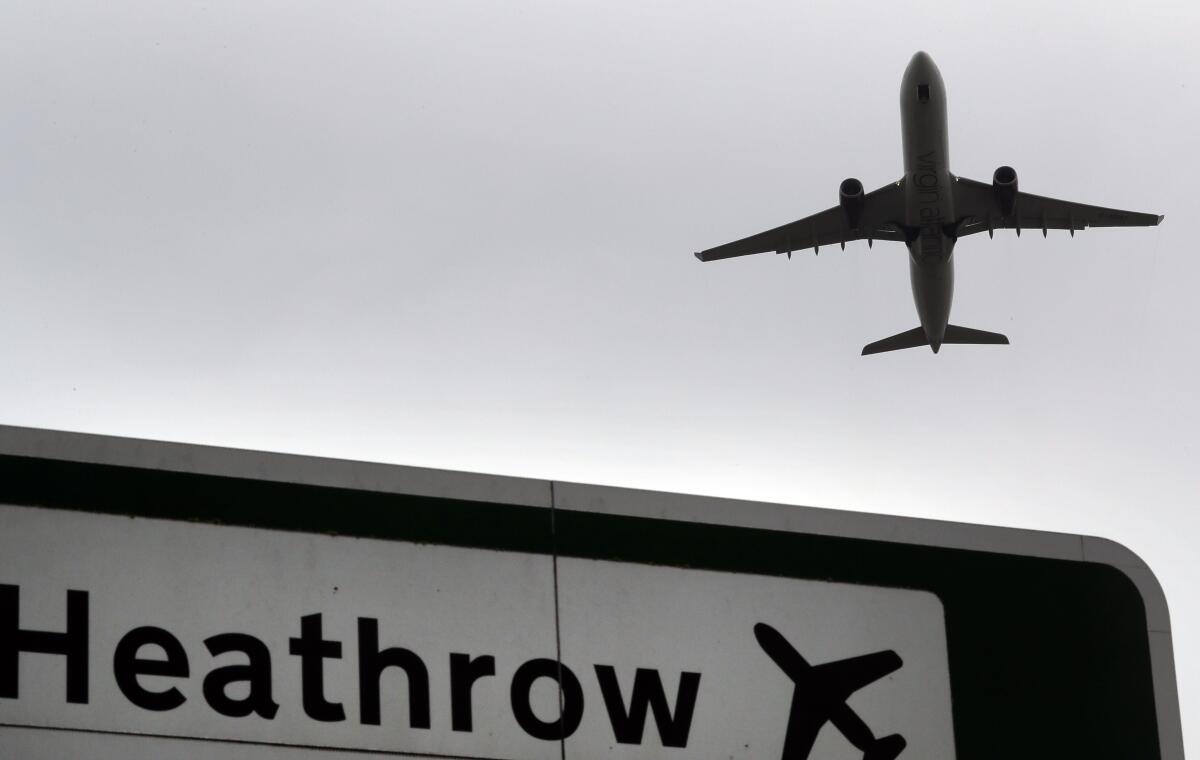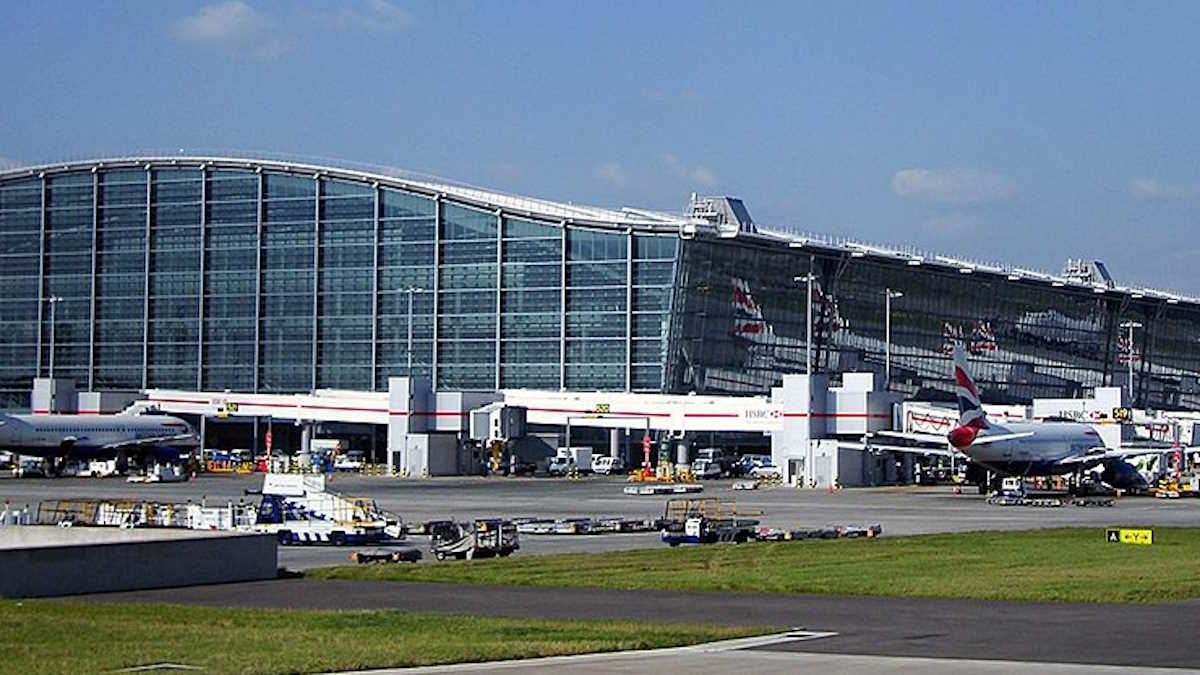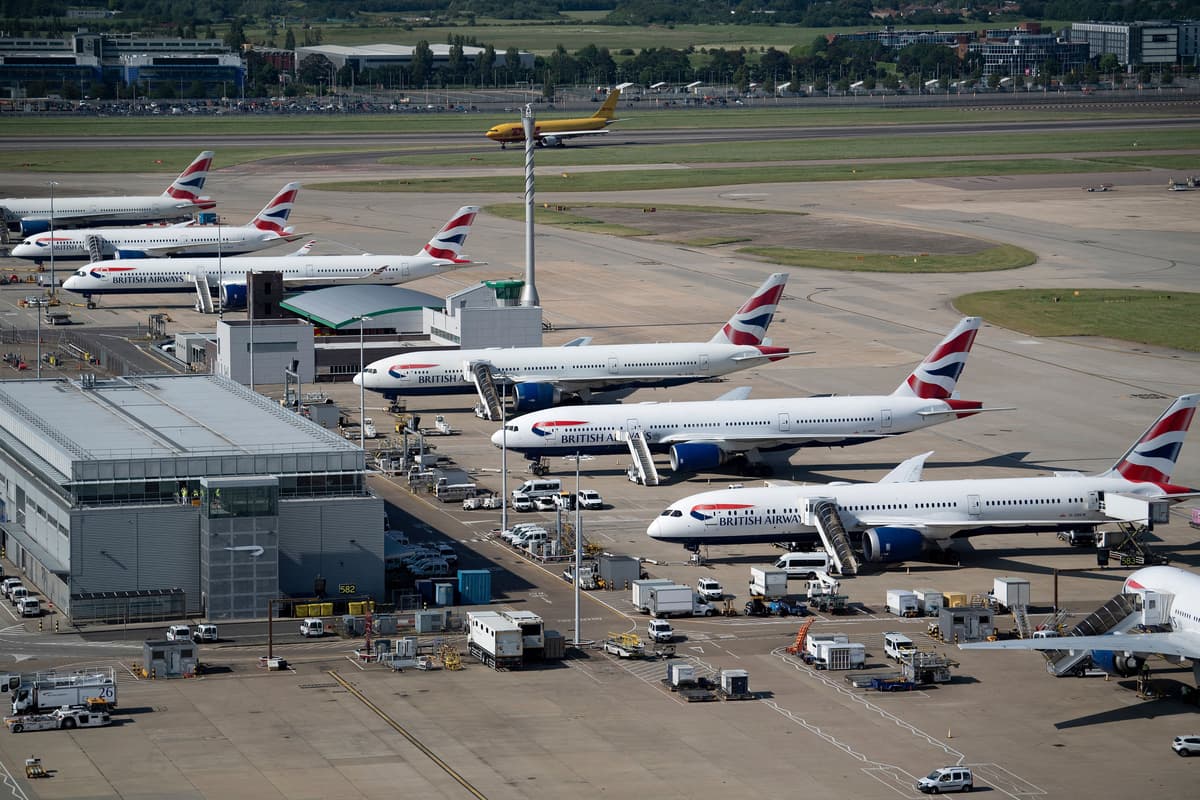The UK government has introduced a new security technology mandate for airports to enhance air travel’s safety and convenience. This initiative, first announced in 2018, involves the installation of advanced scanners capable of detecting prohibited items with greater accuracy.
The primary goal is to streamline security procedures, allowing passengers to carry larger liquids in their hand luggage without removing items during screening.

UK Airport (Credits: San Diego Union)
However, despite the initial deadline set for June 1, 2024, some airports have encountered challenges in meeting the requirements due to various factors, including the ongoing recovery of the global supply chain from the impacts of the pandemic.
Issues such as logistical constraints and the need for infrastructure upgrades, such as reinforcing floors and constructing new screening halls, have contributed to delays in implementing the latest security measures.
Recognizing these challenges, the Department for Transport (DfT) has granted extensions to certain airports, allowing them more time to complete the installation of the required security equipment.

UK Airport (Credits: POST Online Media)
These extensions, which can be up to a year, aim to ensure that airports can fulfill the necessary upgrades without compromising safety standards or causing undue inconvenience to travelers.
Passengers must remain informed about the security requirements for liquids and large electronic items at their departure airport before embarking on their journey. While extensions have been granted, airports are still accountable for meeting the new standards within the specified timeframe.
To incentivize compliance and ensure accountability, the government intends to impose financial penalties on airports that fail to meet the revised deadlines. The proposed penalties, to be enforced under the Aviation Security Act, are part of a broader strategy to uphold stringent security measures across the aviation sector.
The introduction of advanced security technology represents a proactive approach by the UK government to enhance aviation security while addressing logistical challenges faced by airports.
By leveraging innovative solutions and establishing clear guidelines, authorities aim to maintain a robust security framework that promotes safe and efficient air travel for passengers and ensures compliance within the industry.























